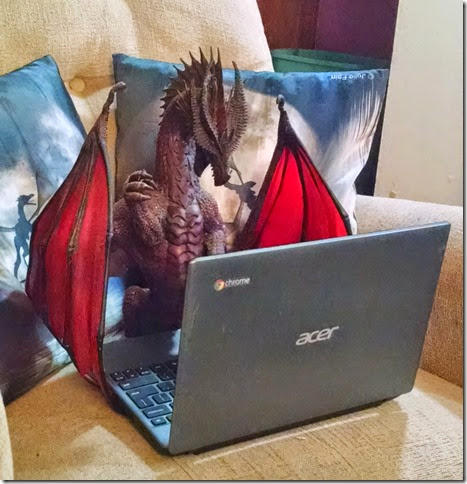I am the kind of guy who writes pages of character backgrounds for my characters. Some of them probably qualify as short stories. Sometimes they are written from a first person point of view, other times in the form of a journal, occasionally from a third person omniscient or the point of view of another character in the story. I feel I need to write these backgrounds in order to properly play my character. Even in the MMORPG City of Heroes, where I never played with deep role-players, each of my ‘toons’ had surprisingly detailed character backgrounds.
I realize not everyone plays this way. When I am running games getting character backgrounds from some of my players is like pulling teeth. Often players will present me with character backgrounds no more complex than “I grew up in a peasant village and when I was old enough I left to find my fortune”. That is OK, everyone has a different playing style.
Still, I like games that encourage characters to develop their background a bit. Probably the first game I encountered that did this was Warhammer Fantasy in which your character development was tied to your career path. Knowing that your character was a rat catcher or a merchant before they began adventuring wasn’t much, but it was something. Last Unicorn Games short-lived Star Trek: The Next Generation RPG took a similar path, where during character generation you would take a number of ‘tours’ on previous starships to determine your skillset. Maybe you spent a tour on the USS Hood as a security officer even though you were in command now so you were handy with a phaser.
I think my favorite take on this mechanic so far is in 13th Age. During character creation you allocate a number of points to backgrounds. Rather than specific skills you might say you spent time as a cat-burglar, a guild mage, or a merchant. Maybe you were a poacher (4 points) who was drafted as a soldier (2 points) and then became a animal trainer (2 points) when you got out. Rather than have a specific list of skills, you roll and add an appropriate ability modifier plus points in your background where you would roll a skill check in D&D. If the party needed to track someone through the woods and one character had a poacher background while another had a bounty hunter background, both could make the roll using their background points plus their wisdom modifier. However, if they needed to tie up a captive probably only the bounty hunter background would be applicable.
During the D&D Next playtest, I always thought this system would be easy to implement as a house rule. D&D Next was already more skill light than D&D 3e or D&D 4e after all. So I was pleased to hear that at Origins there was talk of an optional module that would use backgrounds instead of skills in a similar manner. Assuming it is well implemented, I would definitely use that option in any D&D 5e games I run.
Or I guess I could just run a 13th Age instead. It really is a fun system.
